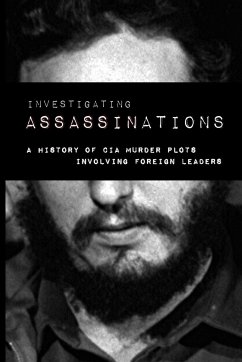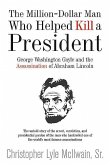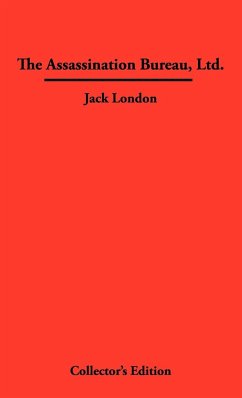Throughout the Cold War, the United States felt impelled to respond to threats which were, or seemed to be, skirmishes in a global war against Communism. Castro's Cuba raised the spectre of a Soviet outpost at America's doorstep. Events in the Dominican Republic appeared to offer an additional opportunity for the Russians and their allies. The Congo, freed from Belgian rule, occupied the strategic center of the African continent, and the prospect of Communist penetration there was viewed as a threat to American interests in emerging African nations. There was great concern that a Communist takeover in Indochina would have a "domino effect" throughout Asia. Even the election in 1970 of a Marxist president in Chile was seen by some as a threat similar to that of Castro's takeover in Cuba. This book exposes the full range of covert activities taken by the U.S. Government and the Central Intelligence Agency (CIA) in response to the operations of Communist clandestine services, which included U.S. involvement in assassination plots against foreign political leaders. Sources include a massive record of over 8,000 pages of sworn testimony taken from over 75 witnesses during 60 hearing days and numerous staff interviews. In addition, documents obtained to complete the narrative include raw files from agencies and departments, the White House, and the Presidential libraries of the Administrations of former Presidents Dwight Eisenhower, John F. Kennedy and Lyndon Johnson. The U.S. operations exposed include the use of poisons, the hiring of Mafia figures, the support of dissidents, the provision of machine guns and financial aid, and kidnapping to assassinate foreign leaders. In disturbing detail, the book reveals evidence of a permanent assassination capability established within the CIA and that the plots all involved Third World countries, most of which were relatively small and none of which possessed great political or military strength. Officials at the highest levels objected to the Castro and Trujillo regimes, believed the accession of Allende to power in Chile would be harmful to American interests, and thought of Lumumba as a dangerous force in the heart of Africa. In particular, the plots against Fidel Castro are placed in the context of fully authorized, comprehensive assaults upon his regime, such as the Bay of Pigs invasion. An important look at the history of covert action across the world and how the U.S. adopted the tactics of its enemies.








